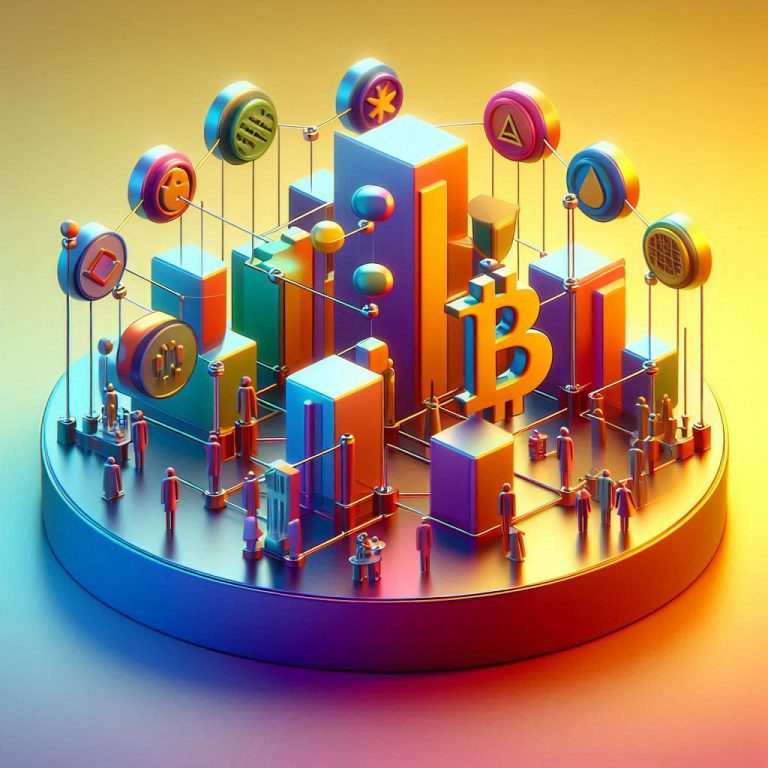What is a DAO (Decentralized Autonomous Organization)?
DAO Definition: A Decentralized Autonomous Organization governed by smart contracts and operated by its community, functioning without a central authority.
A DAO, or Decentralized Autonomous Organization, is an organization that operates without central authority, governed instead by pre-set protocols or smart contracts. This decentralized structure allows decisions to be made collectively by its members, often based on their stake or ownership, which is typically represented by governance tokens. What distinguishes DAOs is their ability to operate purely on code, eliminating the need for intermediaries or centralized management.
A key application of DAOs is in the DeFi (Decentralized Finance) sector. DAOs can govern Decentralized Exchanges (DEXs) and other financial protocols, where rules, transaction validations, and system updates are managed by smart contracts. This ensures transparency, security, and immutability, leveraging blockchain technology to create organizations resistant to censorship.
DAOs are also notable for potential tax implications. As with other areas in cryptocurrency, interactions within a DAO—whether earning rewards, participating in governance, or other activities—may have tax consequences depending on the user’s jurisdiction. Participants should understand relevant tax regulations in their locality.
In essence, DAOs represent a transformative shift in organizational structures enabled by blockchain technology. Moving away from centralized control, DAOs promote a vision of decentralized governance and autonomy, powered by smart contracts and stakeholder consensus.
Share this post


